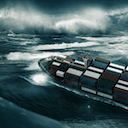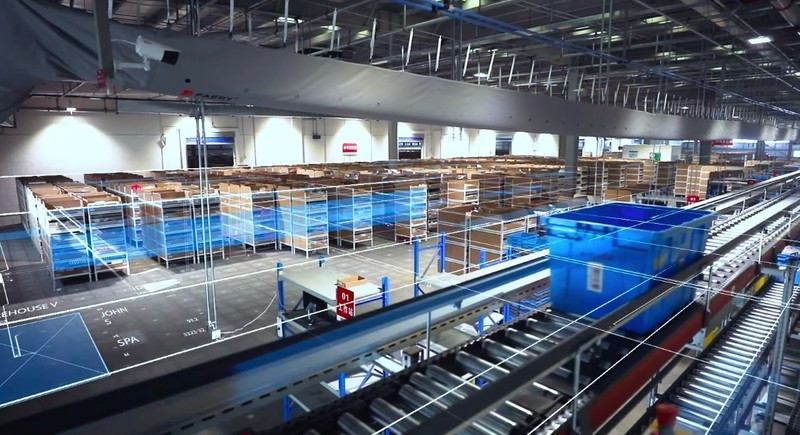Solving Supply Chain Disruptions to Bolster Economic Resilience
The global economy is facing a dilemma: how to solve the issue of supply chain disruptions that are shackling economic growth. The New Zealand Productivity Commission has been asked to look into the resilience of the New Zealand economy to supply chain disruptions, both internally and in trade. This is a critical issue for vulnerable communities and industries, as disruptions can have a devastating effect on the economy.
The commission is looking at ways to improve the country’s internal and external economic resilience to bolster its long-term future. Infrastructure NZ has welcomed the inquiry, particularly its focus on internal supply chains. It has highlighted the costs incurred by slow decision-making around infrastructure, which can lead to supply chain issues.
The commission is also looking at diversifying industry to offer broader options. This means diversifying where New Zealand sells and buys, so that there are options when disruptions arrive. Communities should also aim for diversified industry to offer broader options.
The example of Ōhura is a stark reminder of what can happen when an industry is too heavily reliant on one industry. The population of the town peaked at 654 in 1961, but when the state-owned coal mines closed in the early 1970s, many businesses and community services closed too, with the population now around 150.
It is clear that New Zealand needs to become more economically resilient to supply chain disruptions. We need to diversify our industry and trade, and make timely decisions around infrastructure to avoid further disruption. This is the only way to ensure that vulnerable communities and industries are protected from the effects of supply chain disruptions.


This is an important issue for vulnerable communities and industries and I’m glad that the Productivity Commission is looking into it. I’m sure their efforts will help bolster the long-term future of the New Zealand economy.
I agree with the author that New Zealand needs to become more economically resilient to supply chain disruptions. Diversifying industry and trade and making timely decisions around infrastructure is the only way to ensure vulnerable communities and industries are protected. Q: What other measures can be taken to ensure economic resilience?
I appreciate the commission’s focus on diversifying industry, so that New Zealand can have more options when disruptions arise. The example of Ōhura is a reminder of the devastating effects of being too reliant on one industry.
I’ve seen firsthand how supply chain disruptions can affect businesses and communities. It’s imperative that we make timely decisions around infrastructure to avoid further disruption.